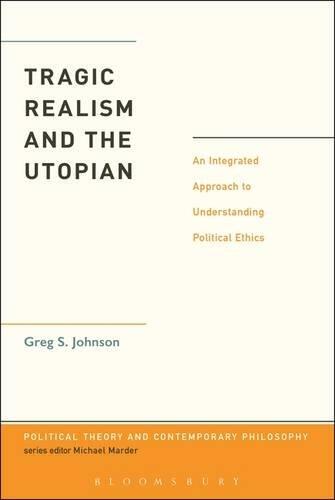
Tragic Realism and the Utopian: An Integrated Approach to Understanding Political Ethics
によって
Greg S. Johnson
まだ評価がありません
Dystopian
Philosophy
形式
ハードカバー
ページ数
240
言語
英語
公開されました
Dec 1, 2025
出版社
Bloomsbury Academic
ISBN-10
1623563925
ISBN-13
9781623563929
説明
Greg S. Johnson explores a transformative perspective on political ethics, weaving together elements of tragic realism and utopian thought. His work delves into the complexities of human experience within the political landscape, offering insights that challenge traditional views. By bridging the gap between idealism and pragmatism, Johnson prompts readers to consider how ethics can navigate the often turbulent waters of governance and societal expectation.
The book emphasizes the importance of acknowledging the harsh realities of human existence while maintaining a hopeful vision for the future. Through a nuanced examination of moral dilemmas, the text invites reflection on the role of ethics in fostering meaningful change. Johnson argues that understanding these dynamics is crucial for anyone engaged in political discourse and governance.
Ultimately, this volume serves as a thought-provoking resource for scholars, students, and practitioners alike, encouraging a more integrated approach to political ethics. By embracing both tragedy and utopia, Johnson paves the way for deeper conversations about the values that underpin our political systems and the implications they hold for society as a whole.
The book emphasizes the importance of acknowledging the harsh realities of human existence while maintaining a hopeful vision for the future. Through a nuanced examination of moral dilemmas, the text invites reflection on the role of ethics in fostering meaningful change. Johnson argues that understanding these dynamics is crucial for anyone engaged in political discourse and governance.
Ultimately, this volume serves as a thought-provoking resource for scholars, students, and practitioners alike, encouraging a more integrated approach to political ethics. By embracing both tragedy and utopia, Johnson paves the way for deeper conversations about the values that underpin our political systems and the implications they hold for society as a whole.